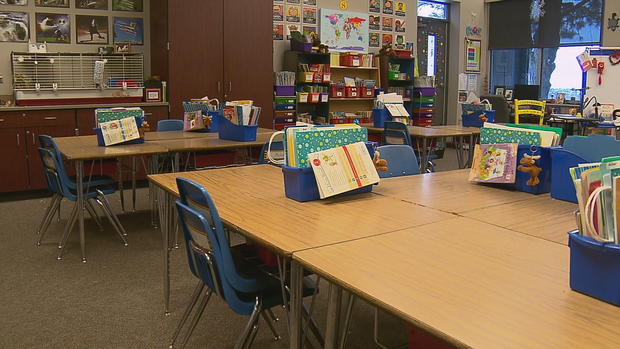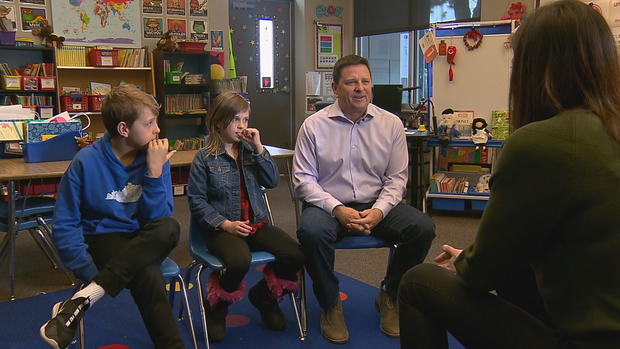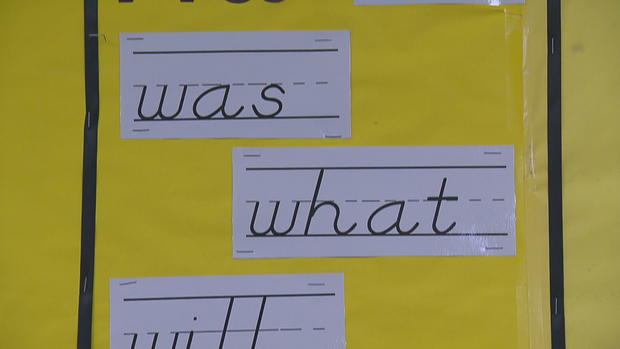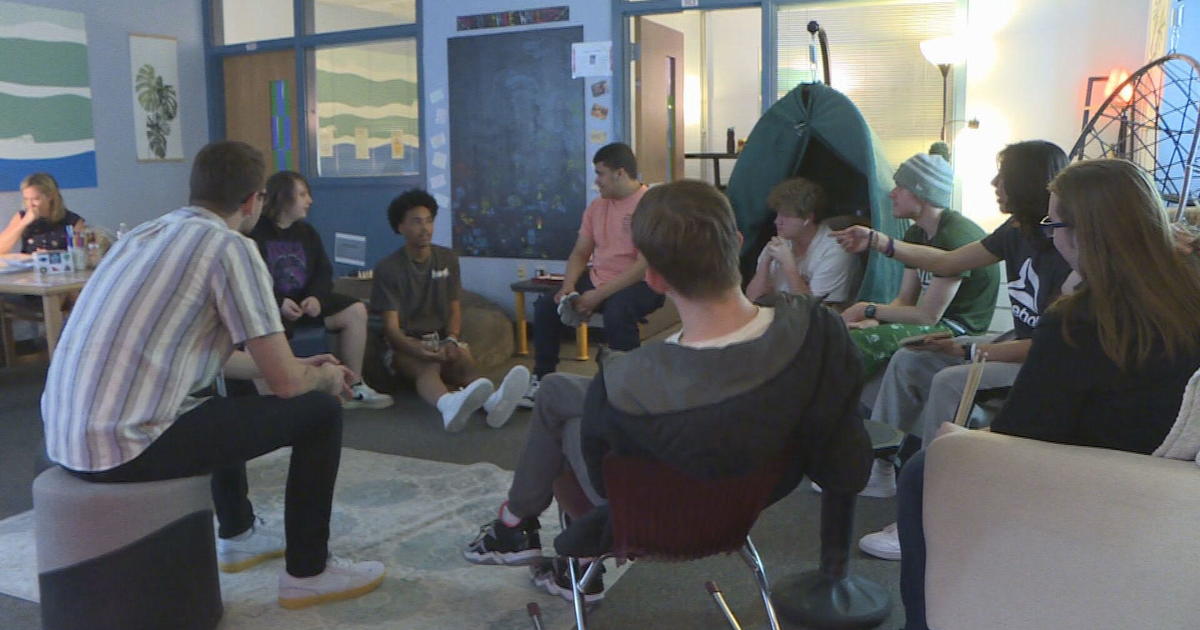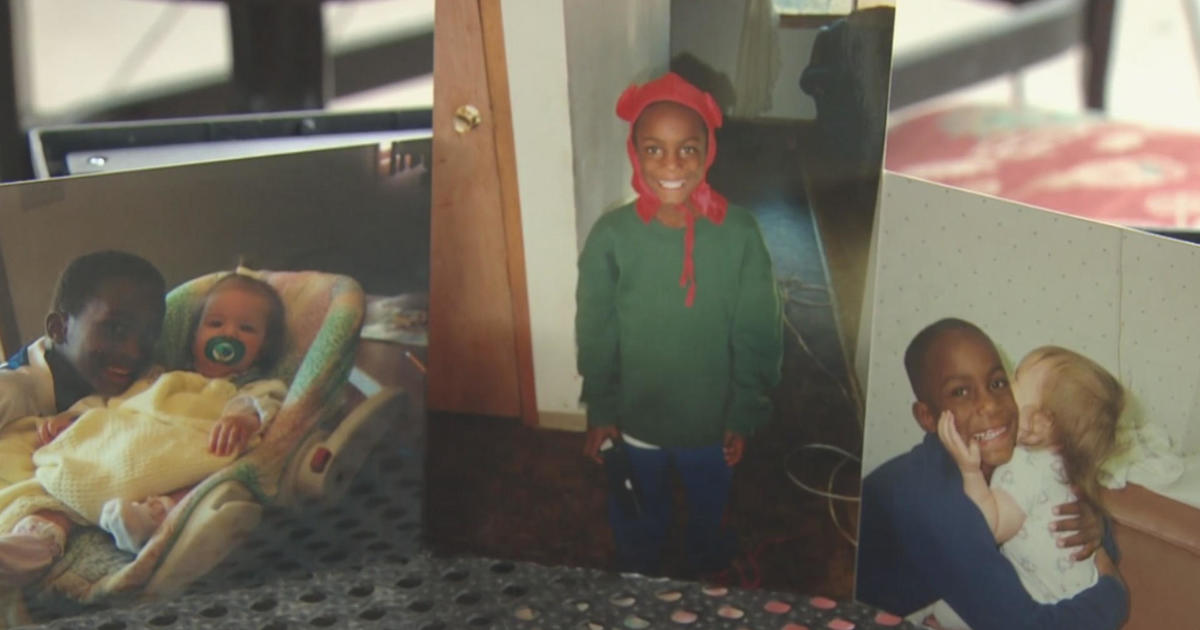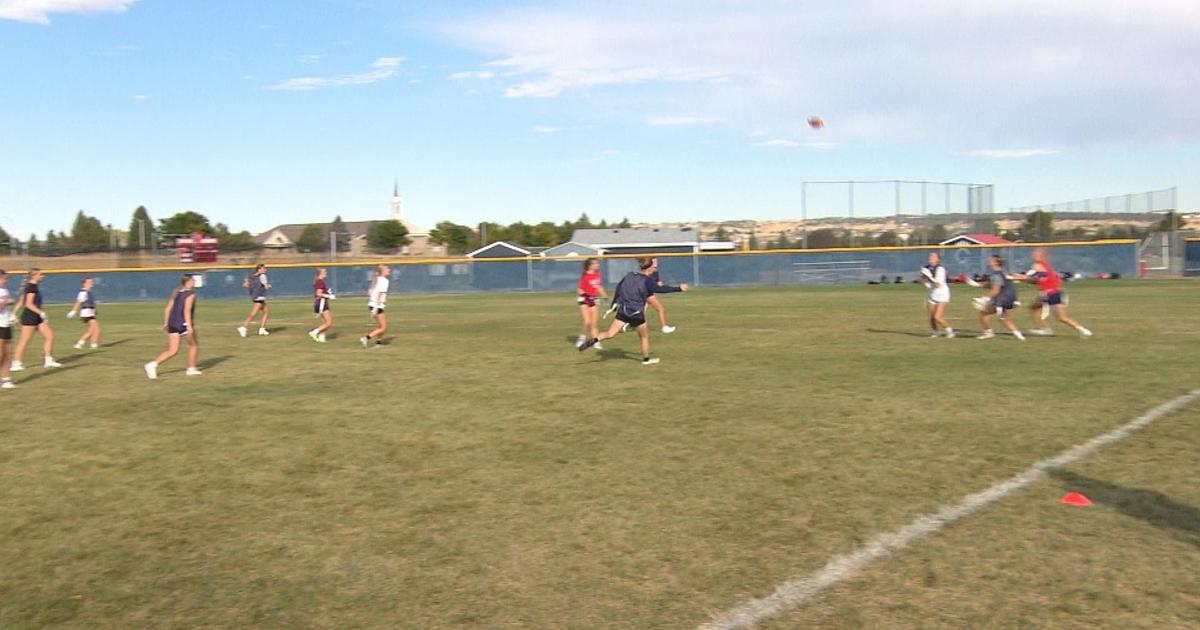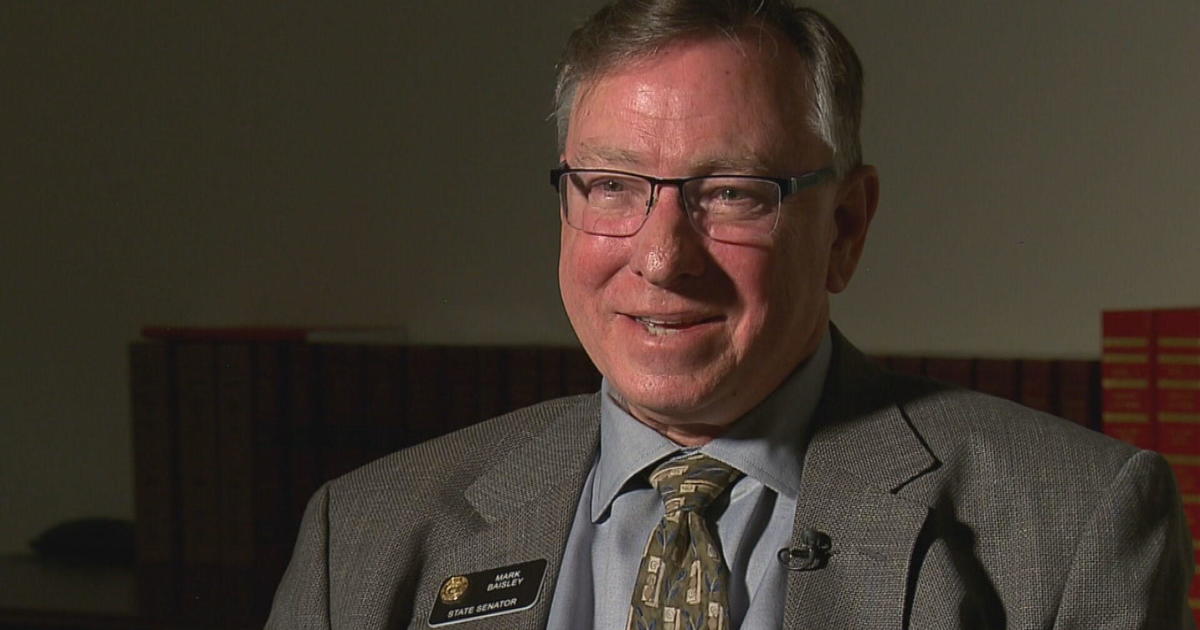Pilot Program To Detect Dyslexia To Launch In Boulder Schools
BOULDER, Colo. (CBS4) - The Boulder Valley School District is prepareing to launch a pilot screening program to help identify dyslexia in children beginning at kindergarten.
"The state has been talking about dyslexia a lot and not only the state of Colorado, but states now across the nation and knowing that all of the work the state is doing right now is probably going to result in a screener. I didn't really want to wait for that work to be done," said Michelle Qazi.
Qazi, formerly the manager of learning services at Children's Hospital Colorado, was hired as the district's reading director in August. She said she has made dyslexia her life's work.
While she says other districts are choosing to wait for direction from the state, Boulder Valley Superintendent Dr. Rob Anderson made it a priority.
"I'm super excited! I would say I've been working toward this for probably the last 10 years and so to be in a school district now that is jumping on board with it?"
Qazi's plan is to introduce the dyslexia screener in the spring to kindergartners in 10 to 15 schools in the district. She says the program will be modeled after the Mississippi Dyslexia Screener, a tool Mississippi developed in 2013 after dyslexia screening became part of state law.
With planned training for teachers in the next month, Qazi said it's not that difficult to identify signs of dyslexia at an early age.
"Like how they can identify the basic parts of a spoken word. So, for example if I say the word 'pat' can you tell me all of the sounds that you hear in the word 'pat'? A child without dyslexia can break that down puh-at. A child with dyslexia will have difficulty processing all of the different sounds of the spoken word."
Another tell-tale sign is avoidance of words and letters altogether. That was the first sign for parent Michael Bucey that his daughter had dyslexia.
"She would never even get close to the letter section," Bucey said. "She would always go to the parts of the classroom that were ... let's see..."
"Playful!" his daughter Bianca chimed in.
"Yes, playful. Yeah, she stayed really far away from anything that had to do with letters or words," Bucey said.
Bucey has three children in the Boulder Valley School District. Two of his children have dyslexia, and he says when he moved to Boulder in 2016 he had trouble finding resources for them.
"We had to struggle to figure it out for ourselves, but we had some resources to be able to do that and a lot of families don't and it's an equity issue."
Bucey became emotional talking about how his son struggled.
"We noticed how he was feeling about the classroom and what he was picking up on with other kids, because he could see, like, other kids reading chapter books," Bucey said.
Filipe Bucey admitted he struggled reading chapter books.
"I didn't really know since I thought all kids were like ... this dumb," said Filipe.
Even with special tutoring, it's clear, the initial struggle has taken a toll. It's why Michael Bucey started BVKID, an advocacy group for kids identified as dyslexic. It has been instrumental in getting the pilot screening program to the district.
"It starts with the knowledge that should be passed to the teachers when they're doing their studies. Without screening, it's on the parents a lot of the time to figure this out and a lot of it is social and emotional issues that kind of manifest themselves in kids when they're young," said Bucey.
The International Dyslexia Association says children with dyslexia are in every classroom and about 35 percent of U.S. fourth graders read below the basic level.
"I think it's just crucial. We've been waiting for decades for even the nation to start talking about dyslexia and how to help these kids. As they go on in school they get more and more frustrated and so if we can identify kids early enough to get them the intervention that we know works, then they don't have to feel that 'I'm dumb.' 'I'm stupid.' 'Just because I don't know how to read,'" said Qazi.
